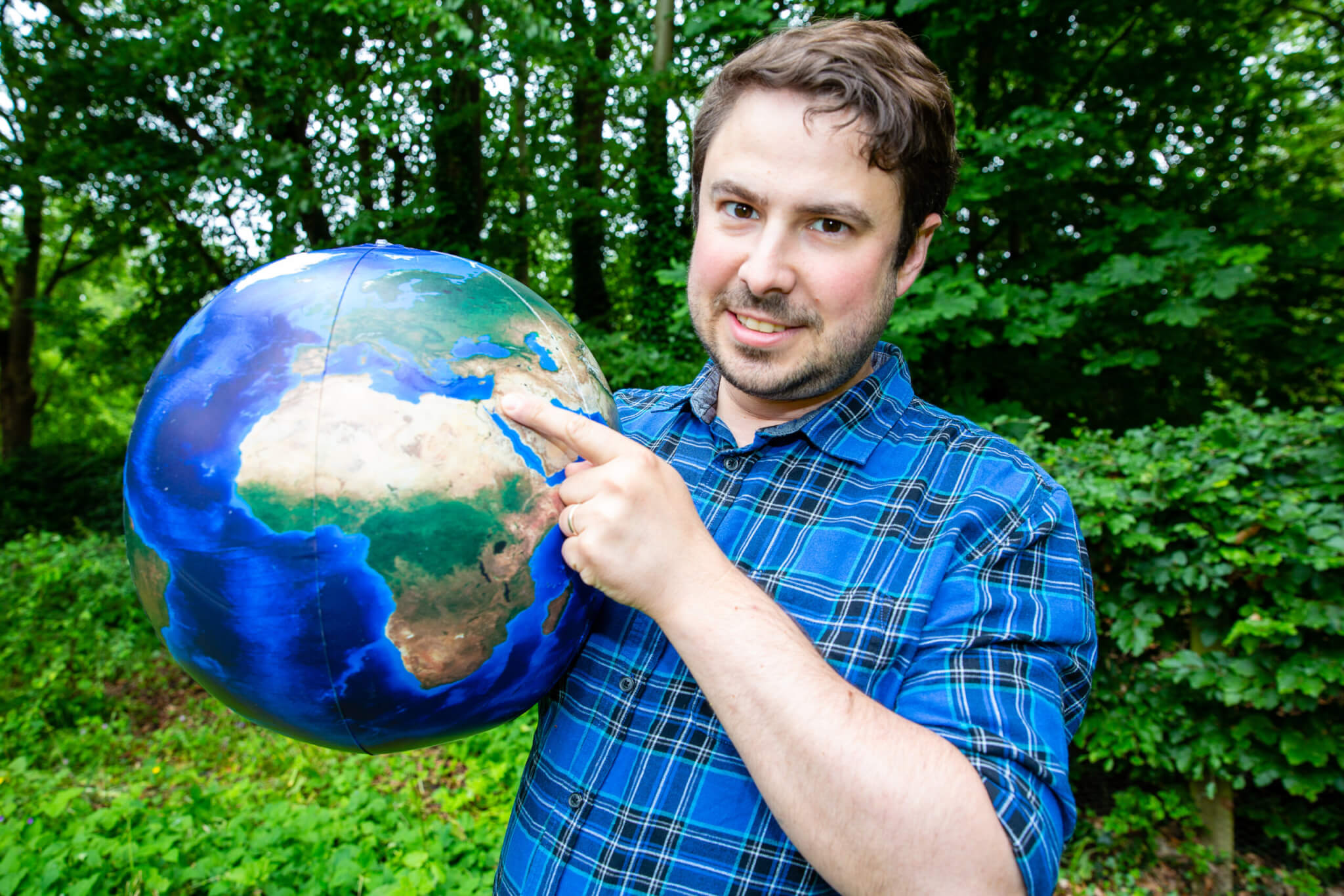The COP28 climate negotiations are now well underway in Dubai and, for the third consecutive year, the Anglican Communion has a small delegation there. Joel Kelling, the Anglican Alliance’s Middle East facilitator, is with the delegation and in this blog he reflects on the first week of the conference.
The delegation comprises Archbishop Julio Murray, Bishop of Panama and the Anglican Communion’s lead on climate change; Archbishop Hosam Naoum – Archbishop of Jerusalem and Primate of the Episcopal Church in Jerusalem and the Middle East; Agnes Lam – Co-Chair of the Anglican Communion Youth Network’s 5th Mark of Mission Committee; and Nicholas Pande – Anglican Alliance Disaster Resilience and Response Lead and UN Environment Policy Lead. They are supported by Martha Jarvis, Permanent Representative to the United Nations, Revd Canon Dr Don Binder, Chaplain to the Archbishop of Jerusalem and the Middle East and Joel.
This first weekend of COP28 continued with a full schedule and unexpected encounters, as we adjust to new surroundings and induct first time participants into the process.
Through the visits of Heads of State, the Anglican Communion delegation has had two main areas of focus -Interfaith and Ecumenical fellowship and movement building; and bilateral meetings with State’s delegations.
The partnership between the global Anglican Communion delegation and the local Anglican presence has been a gift regarding hosting the Ecumenical and Interfaith events.
It was a privilege for the Anglican family to host both the Talanoa dialogue and the Ecumenical service, drawing on the Season of Creation liturgy in both English and Arabic. Archbishop Hosam led the worship alongside other leaders, and we heard the messages of the Revd Dr. Jerry Pillay, Secretary General of the World Council of Churches, and Dr. Michel As, Secretary General of the Middle East Council of Churches. I was involved in the drafting of the MECC COP28 faith leaders’ statement, and it was fantastic that its aims were stated publicly in the Ecumenical space. Read the article here.
Bringing Archbishop Hosam Naoum, Anglican Consultative Council (ACC) Vice-Chair and President Bishop of the Province of Jerusalem and the Middle East, has been a blessing and an opportunity. He has opened doors to explore the issues of climate justice amidst the wider issue of Peace and Justice in the Middle East.
In the early days of the conference, we have participated in ministerial bilaterals with the UAE, Vanuatu, Palestine, Panama and more. Our bilateral conversations are typically opportunities for us to share our Anglican Communion Call to Action but also to listen and understand the obstacles to achieving a just transition, resilience building in vulnerable communities and just finance from that state’s point of view. Honourable Minister Ralph Regevanu of Vanuatu shared with us his country’s efforts to bring legal accountability to climate change action, including an Advisory Opinion from the International Court of Justice, the Fossil Fuel Non-Proliferation Treaty, and Ecocide law. It was fantastic to share the news that we had passed a resolution to join the treaty at ACC18 in Ghana earlier this year.
Whilst we have engaged bilaterally, we’ve also begun following the negotiations closely, and engaged in the Faith Pavilion side events and youth cafe.
The early days of COP brought the excitement of news about agreements on the Loss and Damage fund, followed by concern that focus on Loss and Damage may incline some nations to ignore calls for greater funding for Adaptation (building resilience in vulnerable communities) and Mitigation (phasing out emissions). The comments from the President of the COP, Sultan al-Jaber, concerning Fossil Fuel consumption being decoupled from a reduction in emissions shows that there is a long and challenging road ahead, and that support for things like the Fossil Fuel Non-Proliferation Treaty brings important practical accountability to discussions.
Our relationships continue to grow and it is encouraging to be in solidarity and fellowship with the wider Anglican family here – sharing a meal together one evening – as well as with the other Christians, and our growing friendships with other faith actors present in this space, especially Muslims from across the Middle East.

